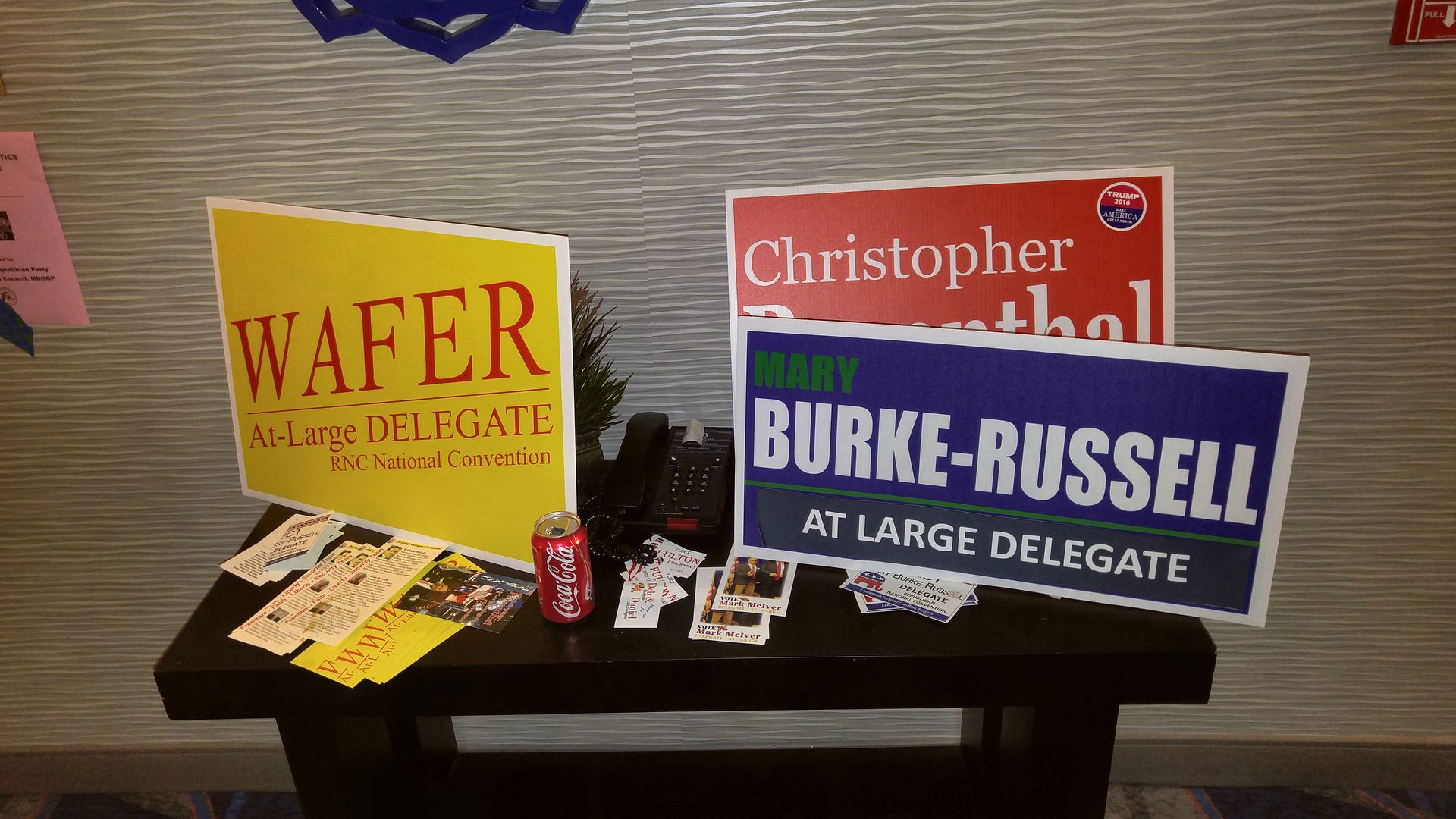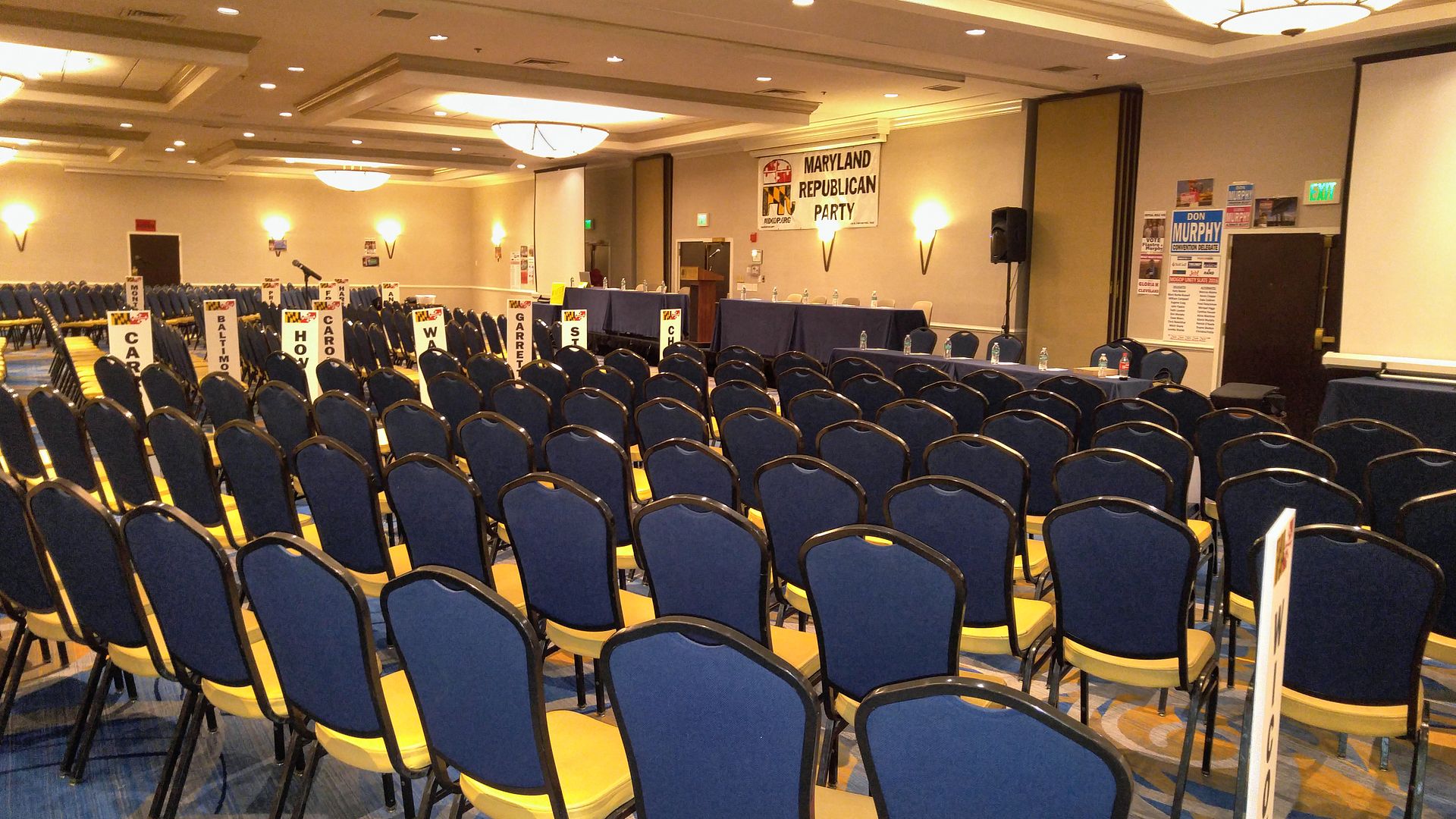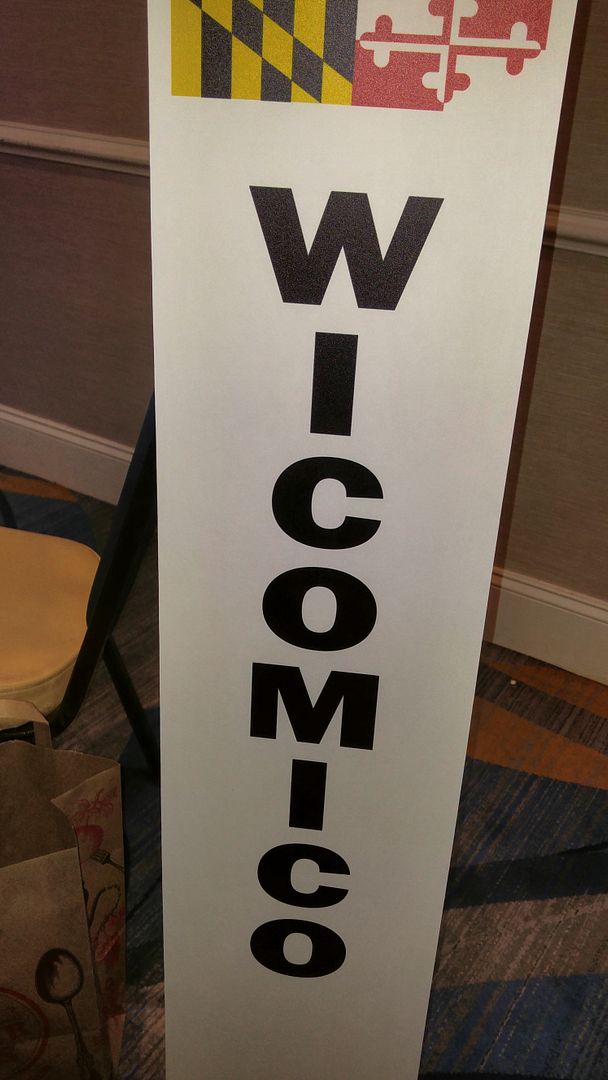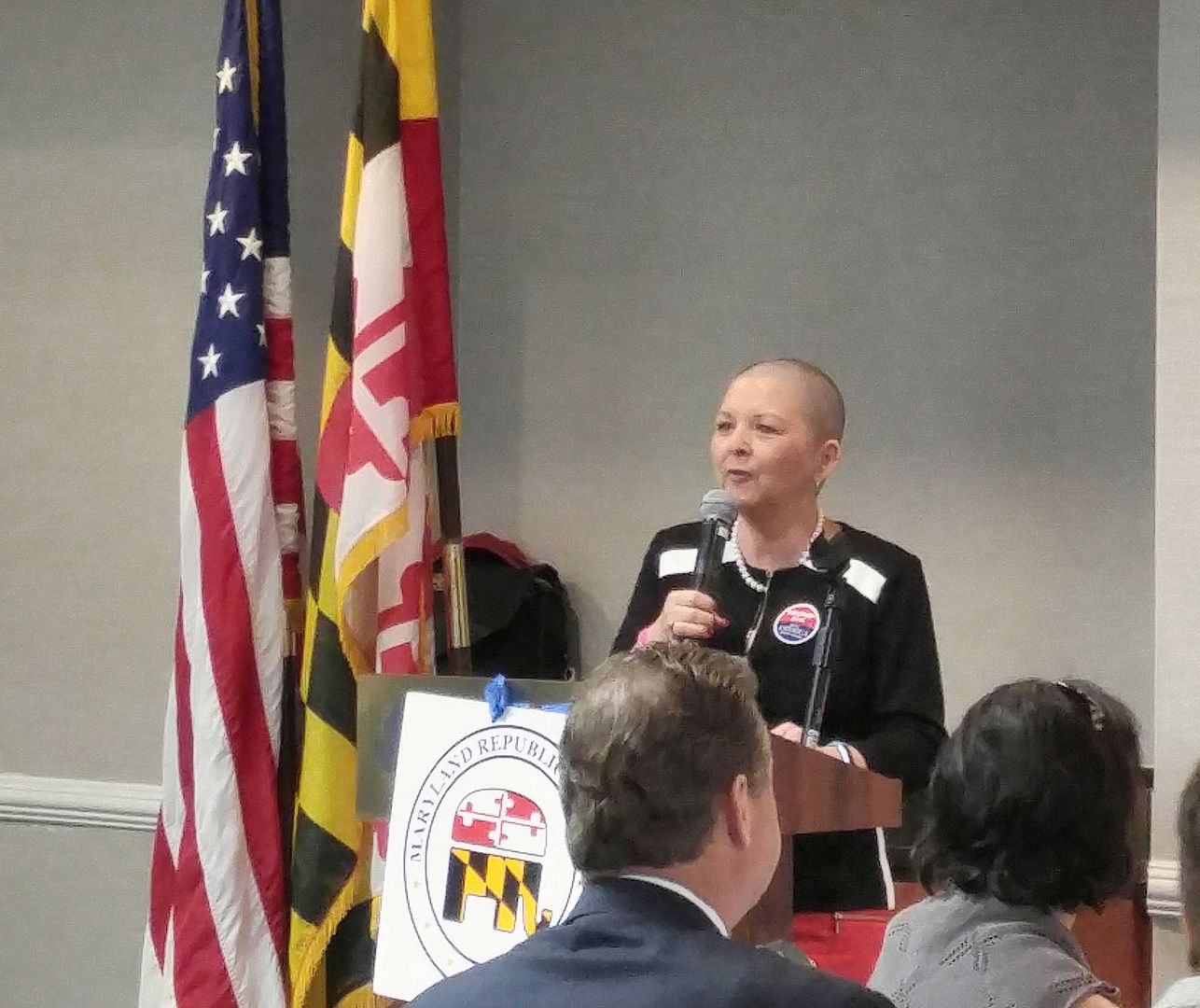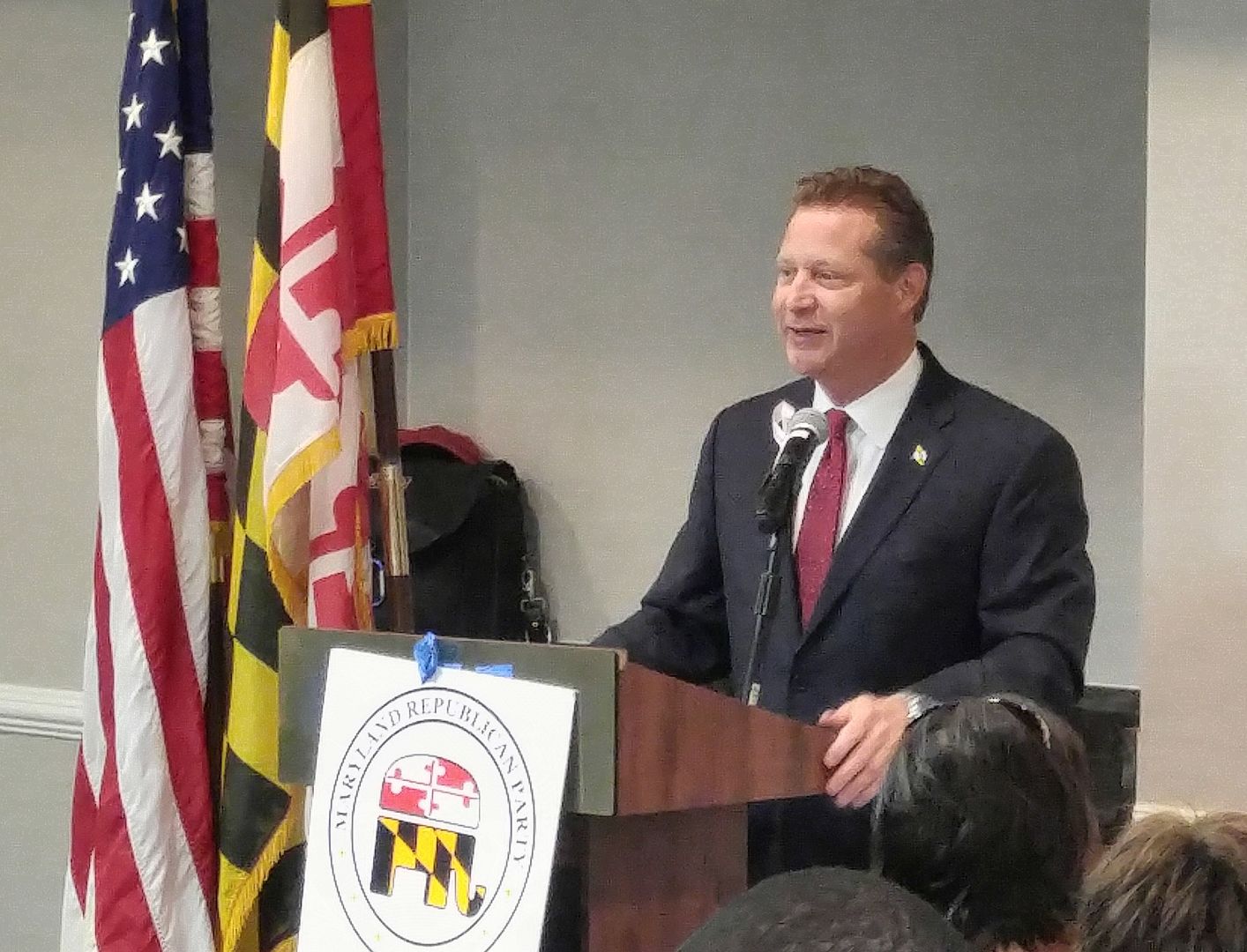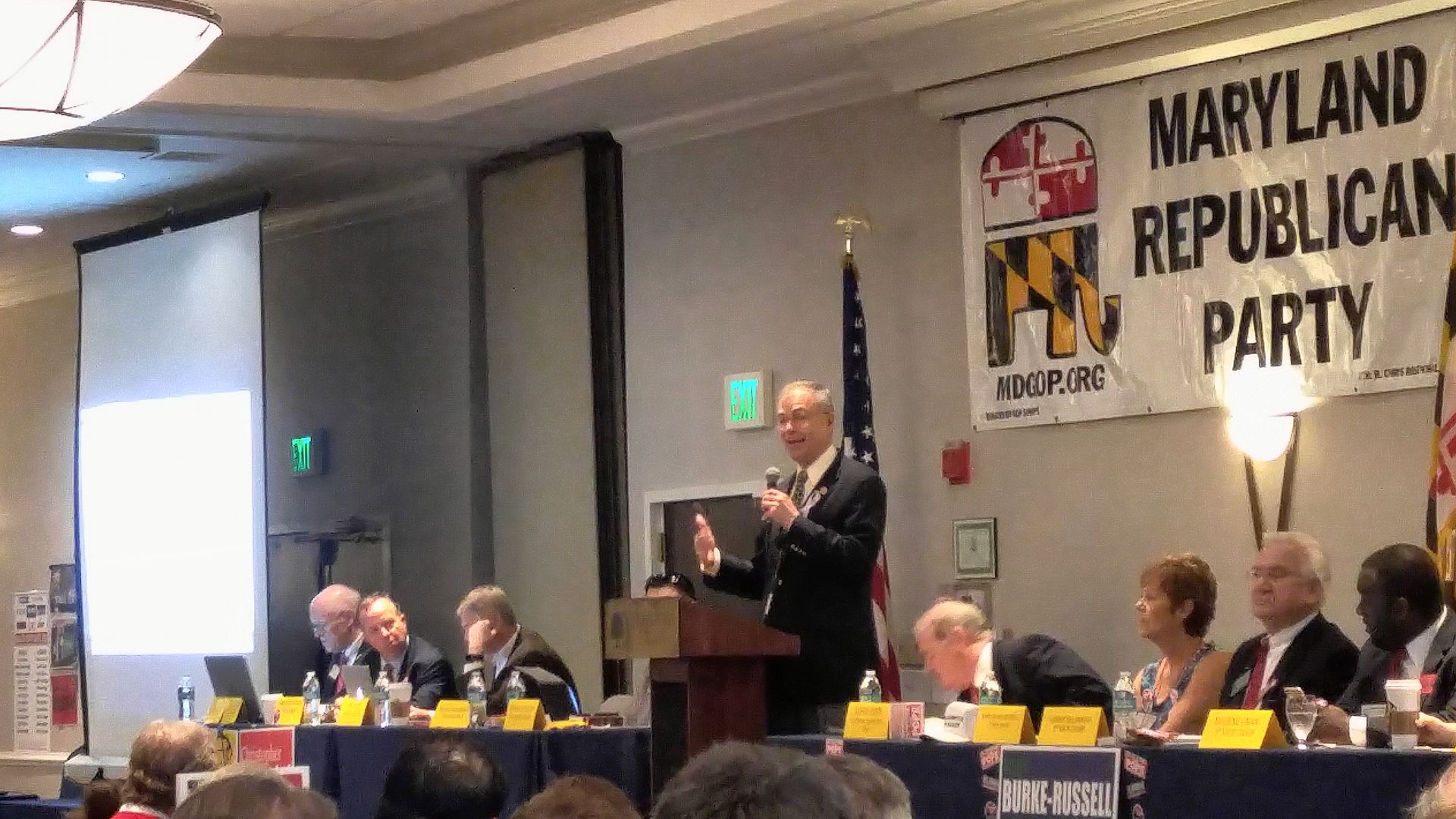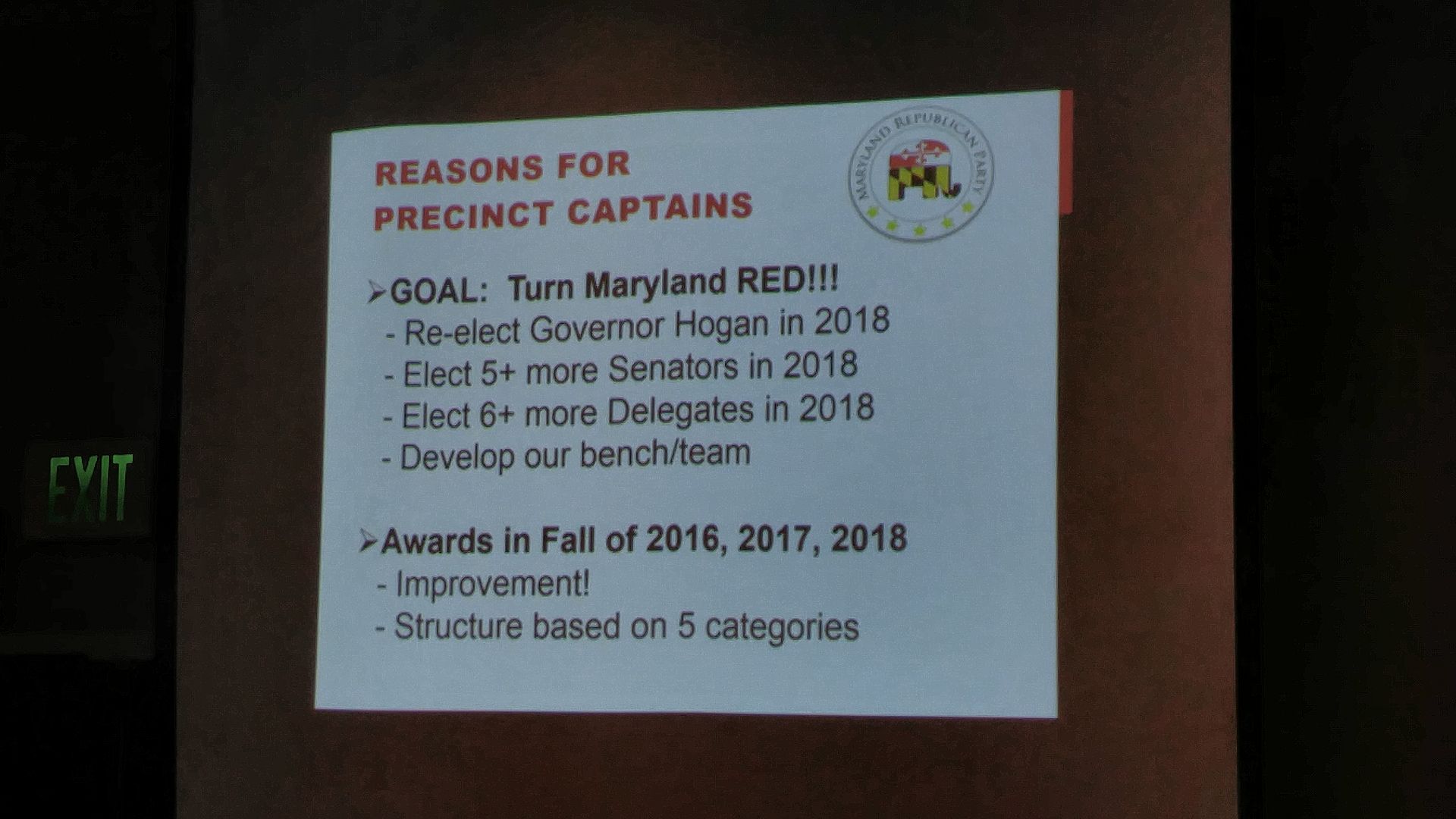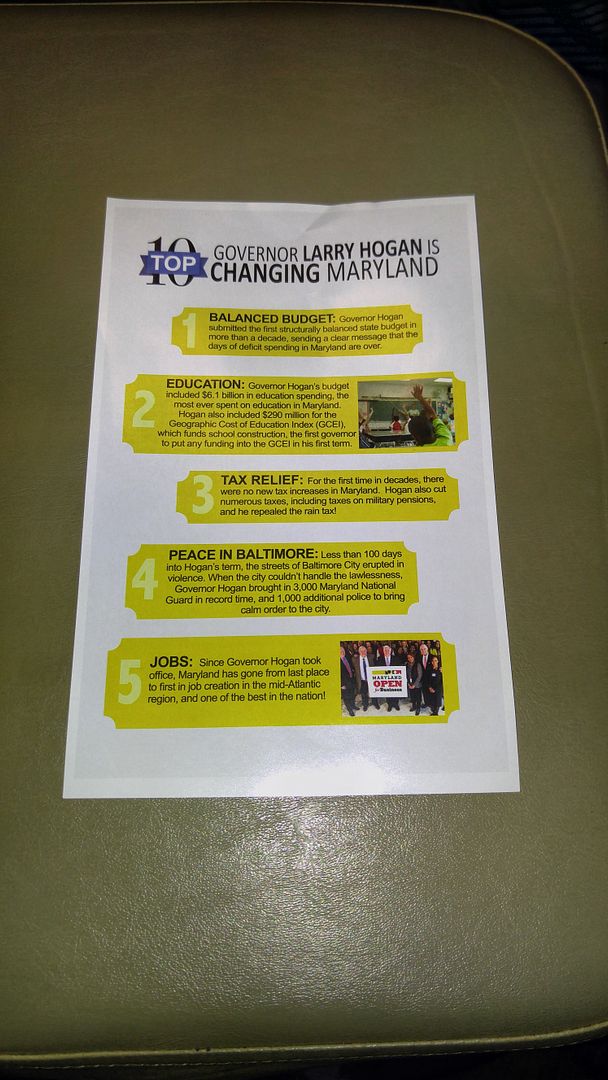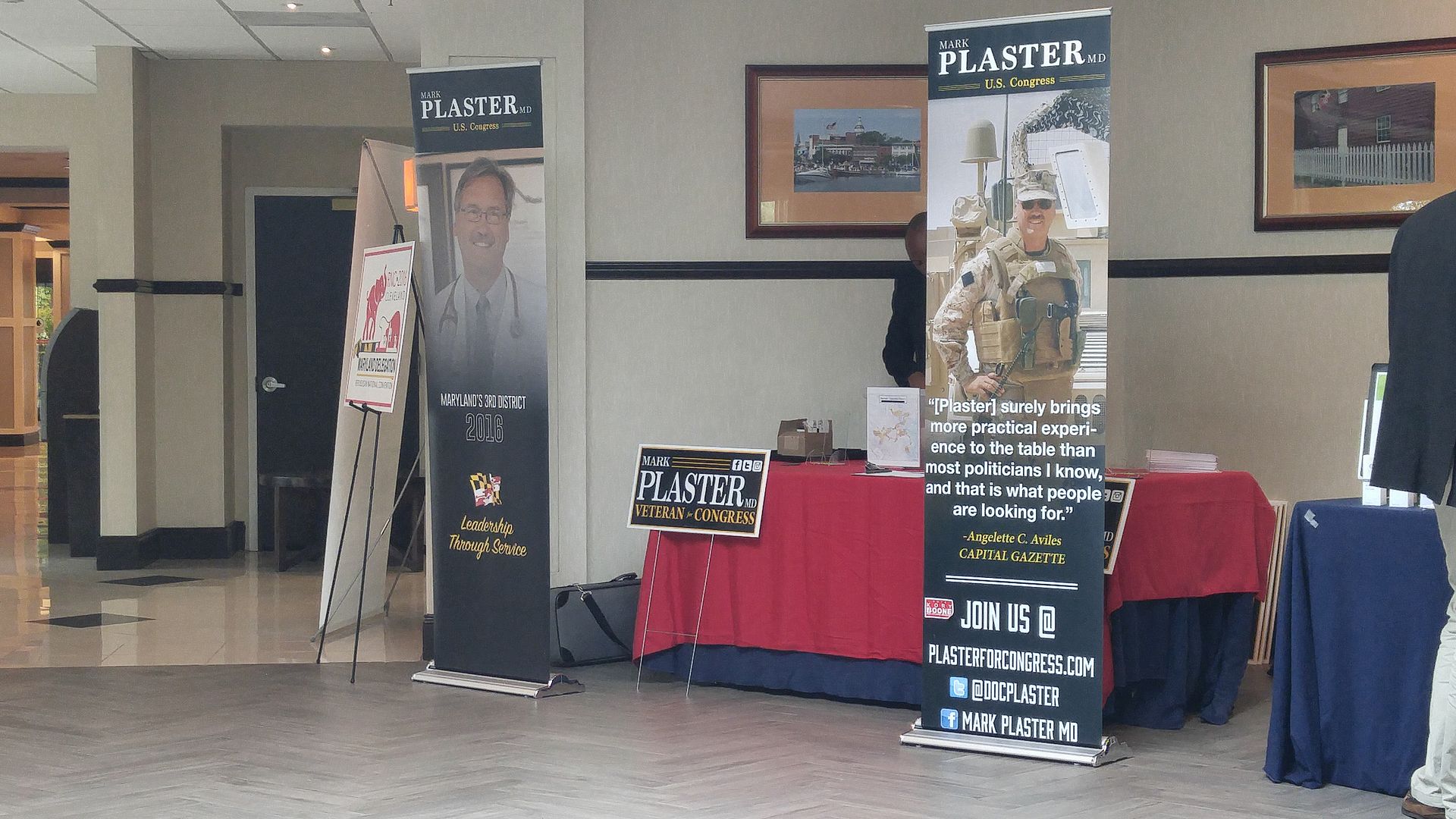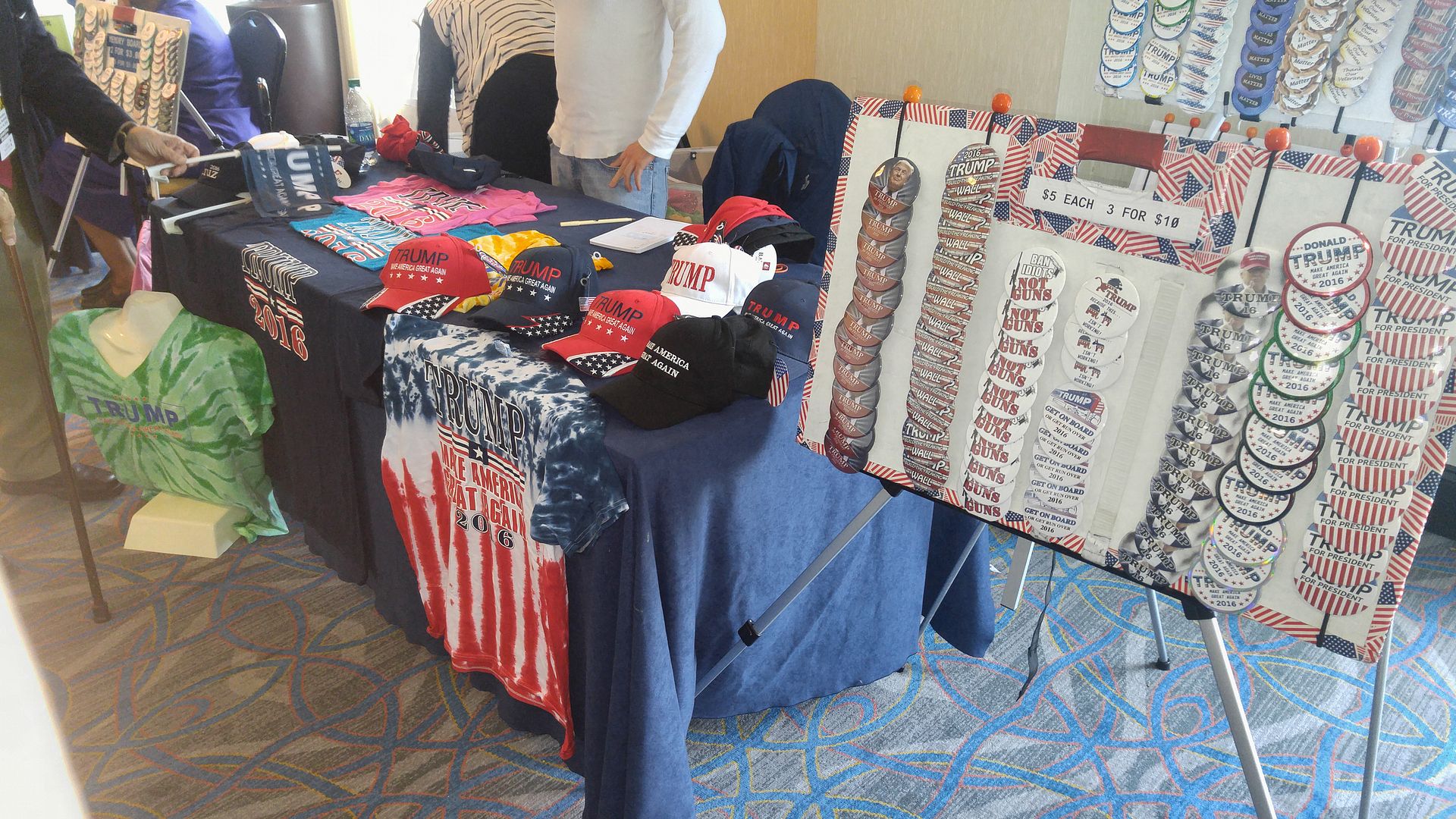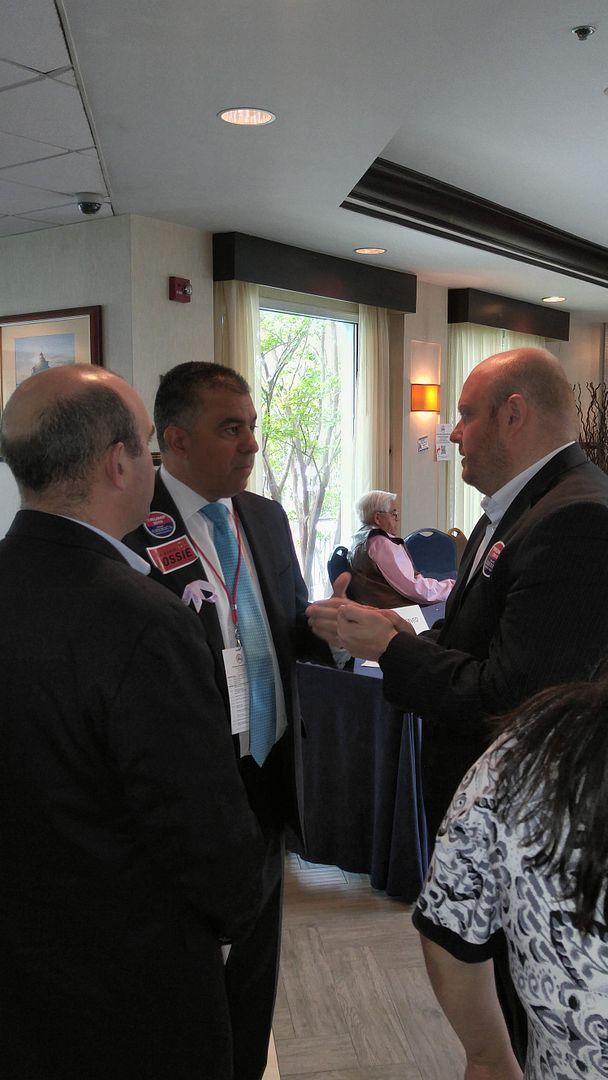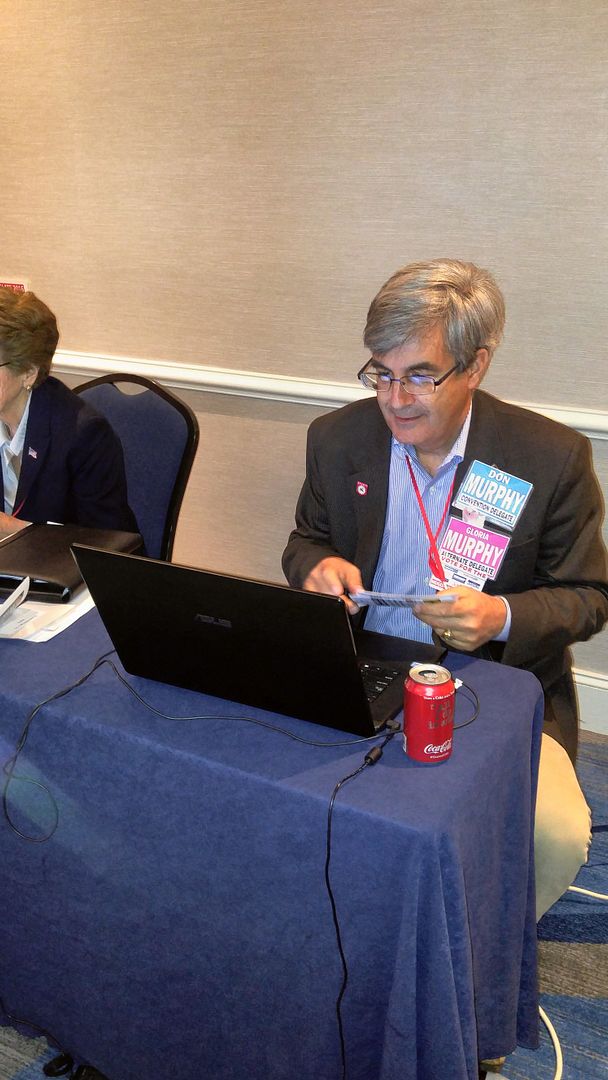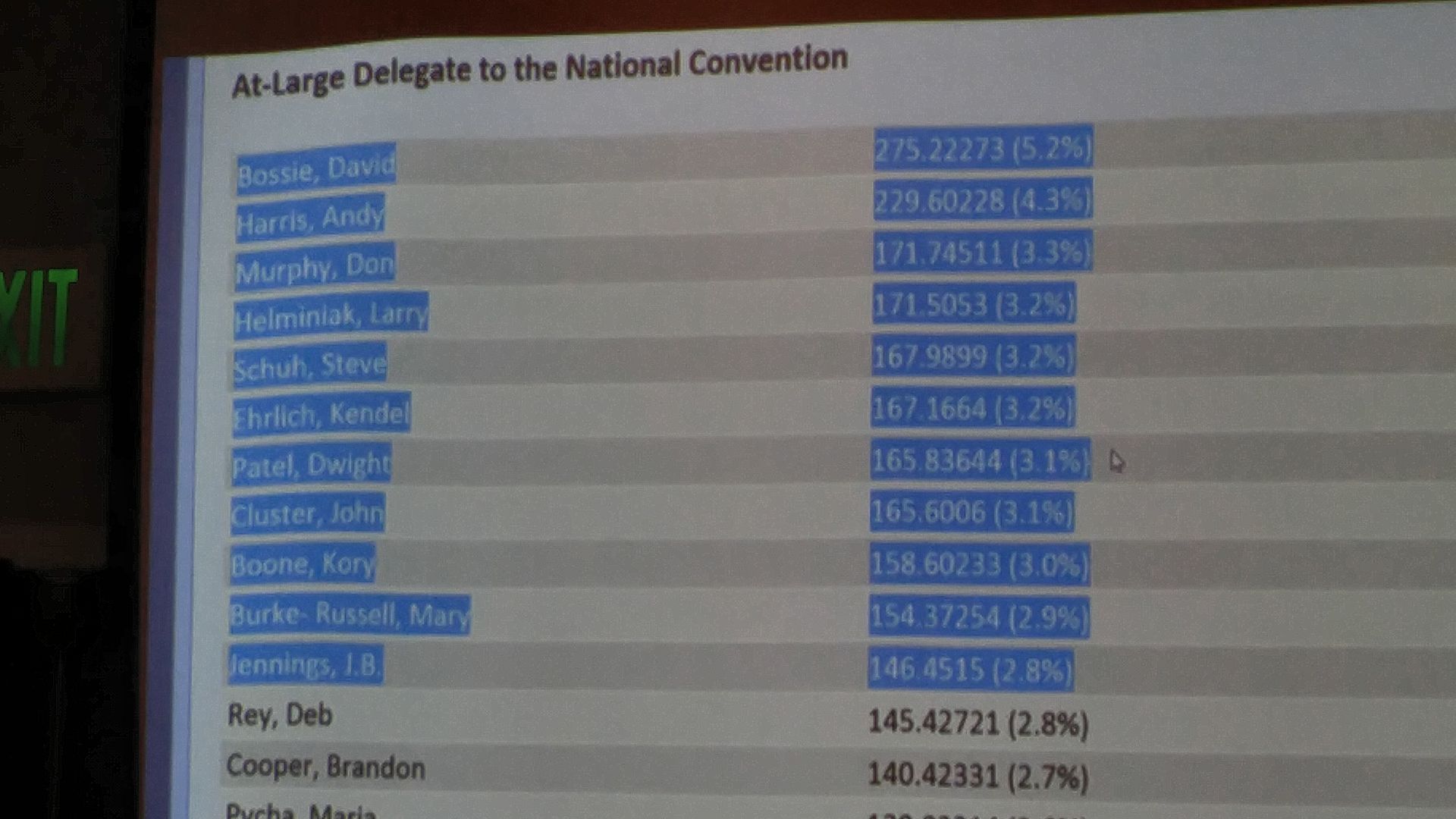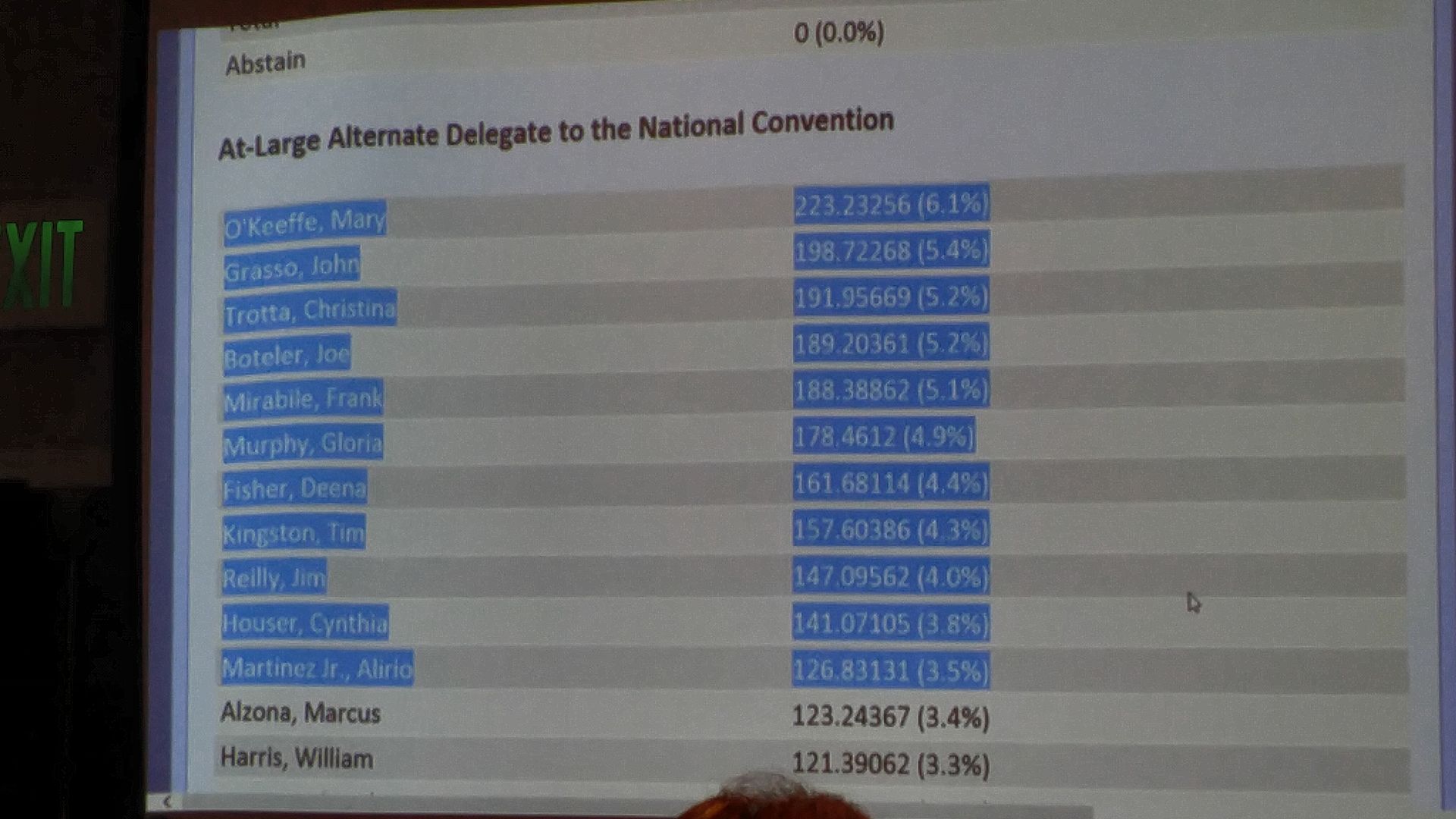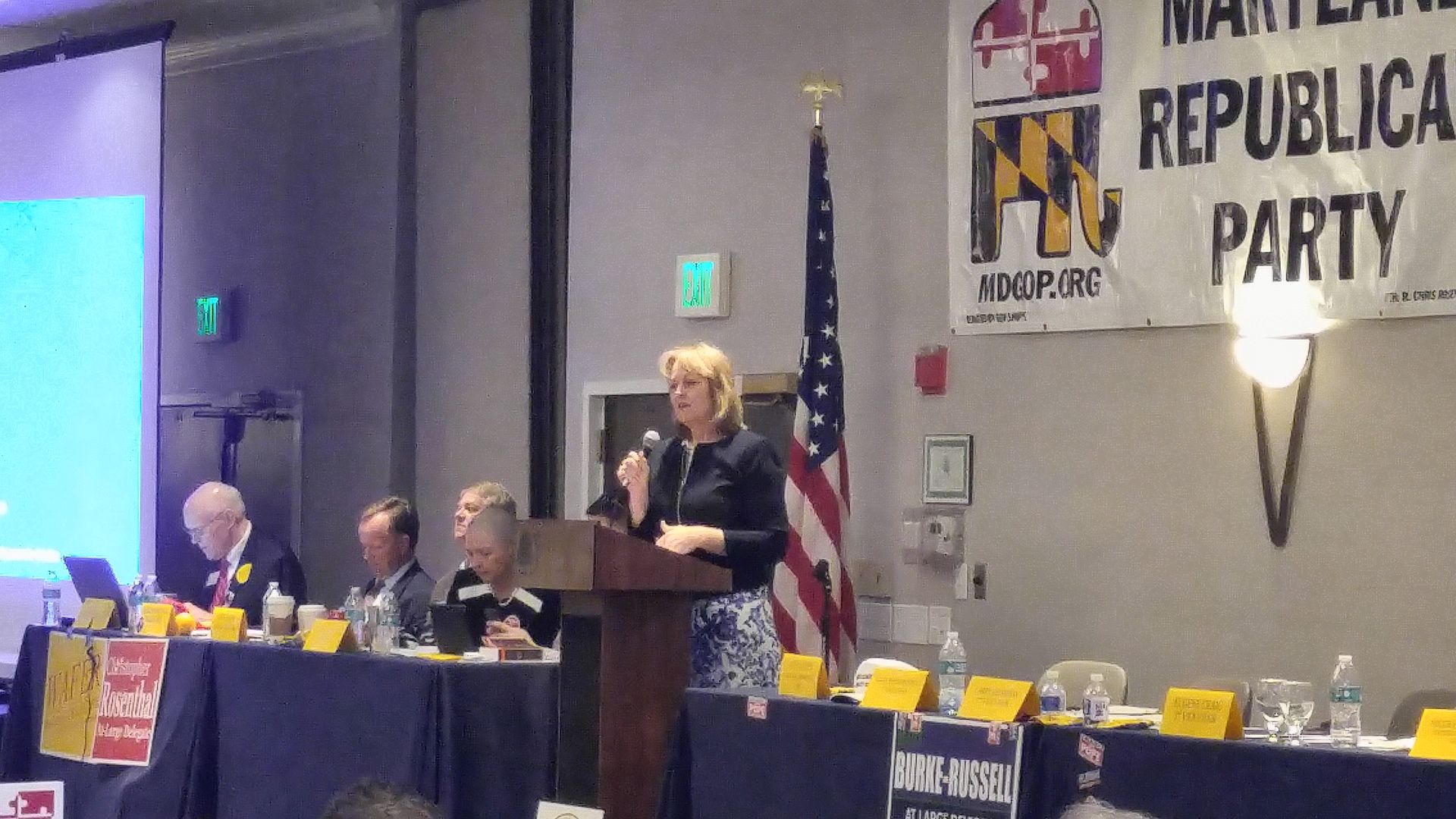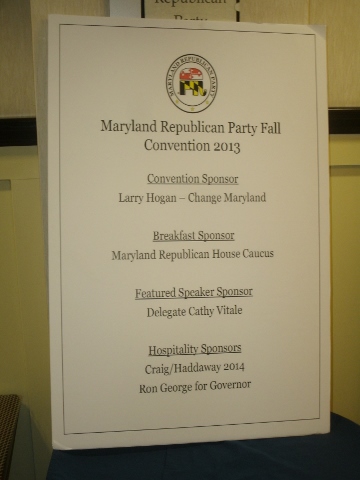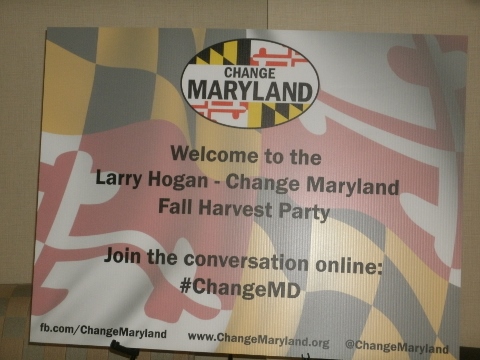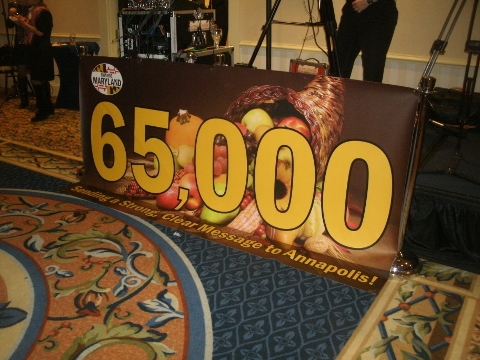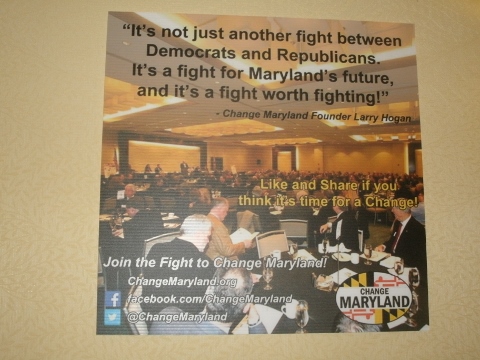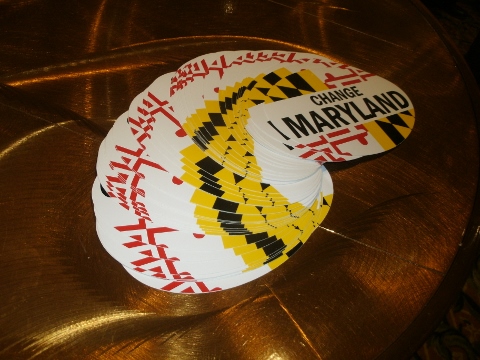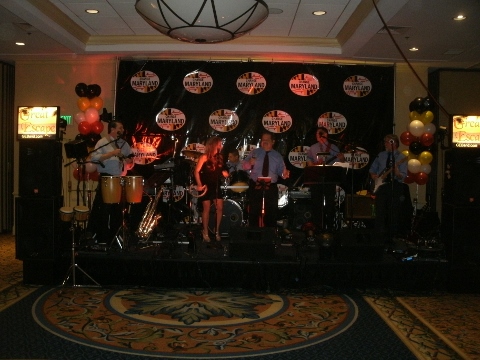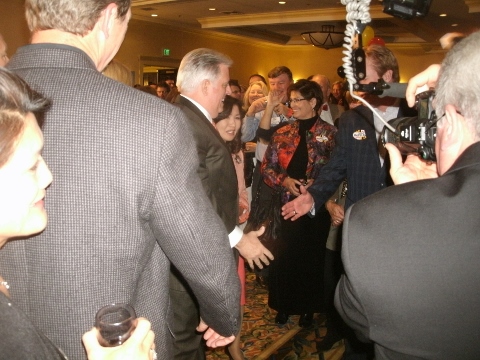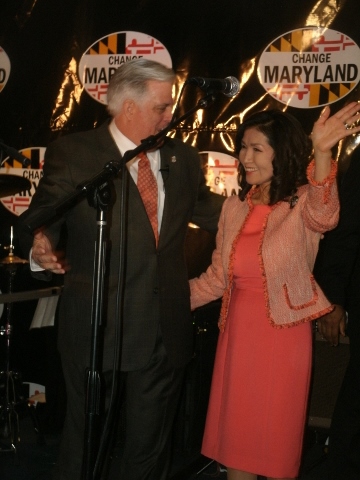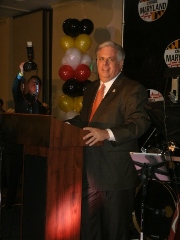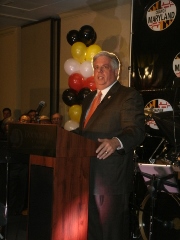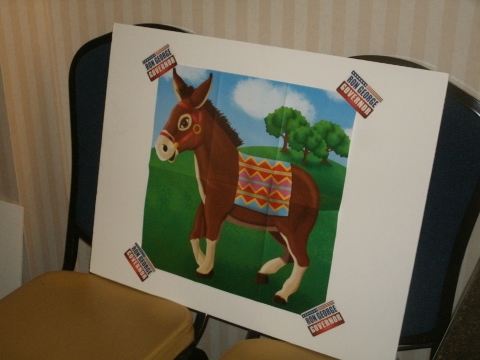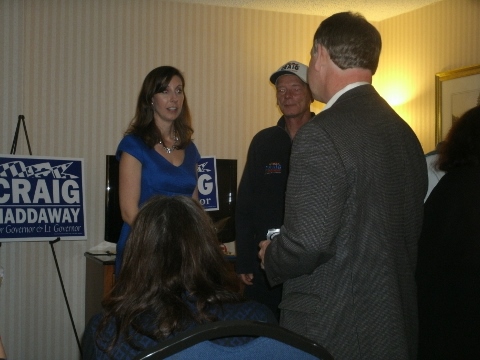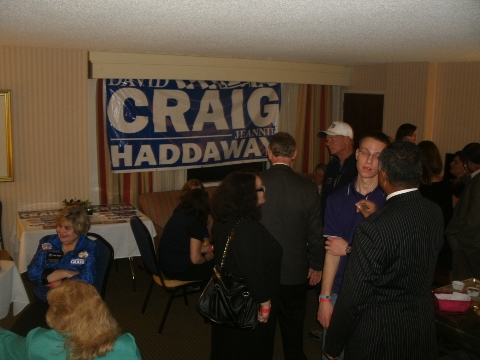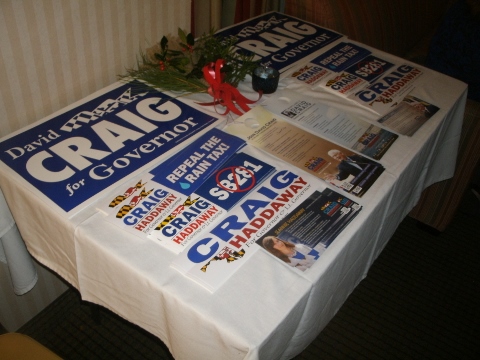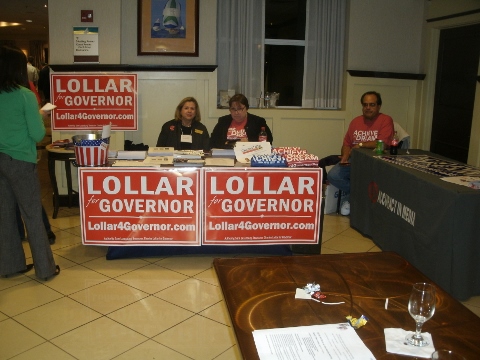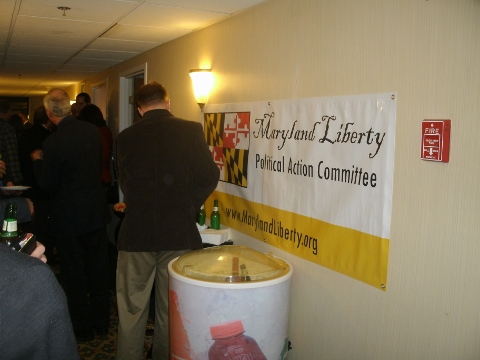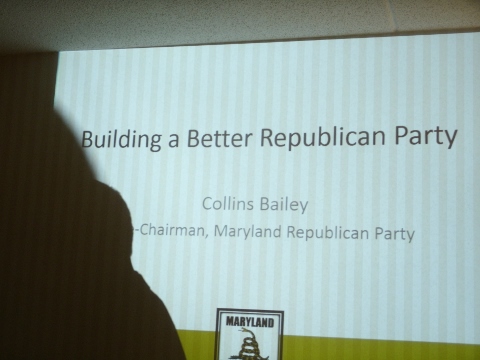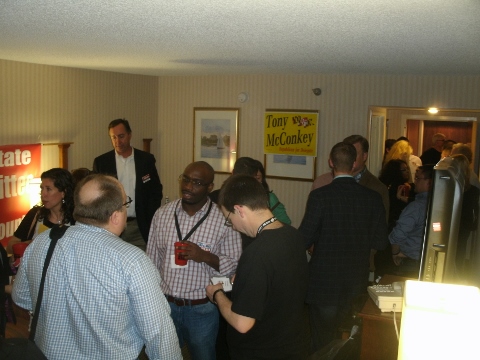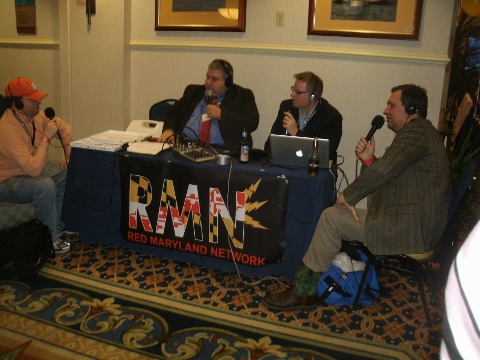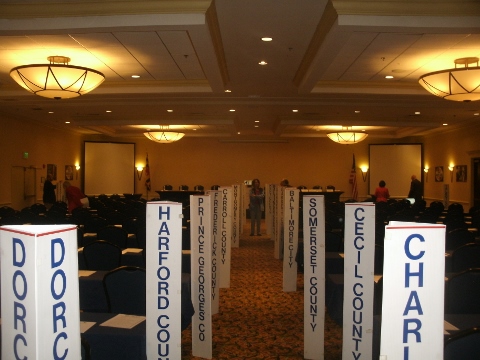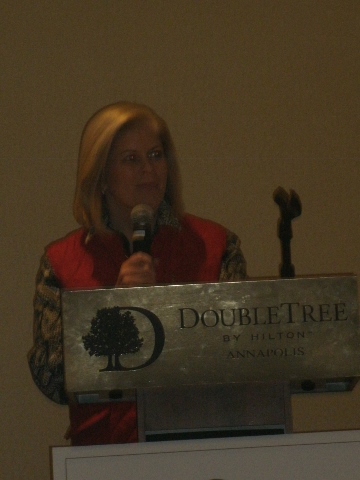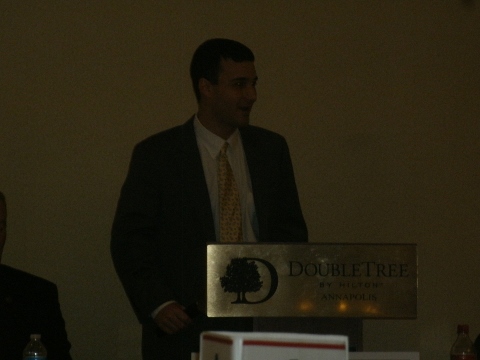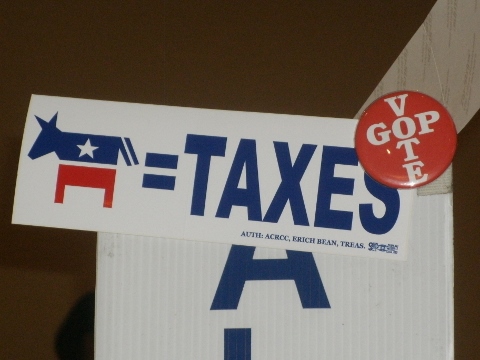So it seemed pretty brutal for the Republicans Tuesday night as they lost the two governor’s races that were available to them, including the one Chris Christie was vacating in New Jersey. There, incoming Governor-elect Philip Murphy gained a modest total of three seats in his 120-seat legislature, although it was already tilted heavily toward his party anyway. Going from 54-26 and 24-16 to 56-24 and 25-15 probably isn’t going to make a lot of difference in the scheme of things there as much as the change at the top.
On the other hand, the party at the top won’t change in Virginia as Democrat Lieutenant Governor Ralph Northam will succeed his “boss” over the last four years, fellow Democrat Governor Terry McAuliffe. The big sensation there was the Democrats’ pickup of 16 seats in their House of Delegates to suddenly turn an overwhelming 66-34 disadvantage to a 50-50 tie. The Virginia results have been trumpeted (pun intended) around the country as a repudiation of the President and the Republicans by a gleeful partisan media.
But if you take a look at the lay of the land, the results are less surprising than you may think. Consider, first of all, the geography of these 16 districts. Ten of these districts lie close to the Washington region, bordering the sea of blue on this map – so they read the WaPo, never liked Donald Trump to begin with, and for them it was open season on Republicans beginning November 9, 2016. Three of the other ones are in the suburbs of Richmond, two are within the Tidewater region, and one seeming outlier is along the West Virginia border. Yet that district along the border of one of Trump’s strongest states wasn’t the lone district of the sixteen that flipped which supported Trump in 2016 – that distinction went to the 85th District in Virginia Beach.
To become Republican districts in the first place, they obviously had to elect Republicans at the legislative level two years ago (when the GOP actually lost one seat to go from 67-33 to 66-34.) But a year before that 10 of the 16 supported Ed Gillespie in his run for the U.S. Senate against Mark Warner (the six that did not were all in northern Virginia.) Similarly, the districts split evenly between supporting Republican Ken Cuccinelli and McAuliffe in 2013, with the northern Virginia districts that threw out the Republicans this time around mostly favoring McAuliffe.
The election results of the last two years are beginning to prove that Virginia is becoming another, slightly larger Maryland – wide swaths of rural Republicans who get killed at the ballot box by government-addled junkies in cities which depend too much on it. Setting aside the vast number of Virginians that call the Potomac Valley home, it’s worth remembering that the Tidewater area is the largest concentration of cities but Richmond is also a significant urban area, too, and it’s the state capital.
So let’s shift our focus onto Maryland. There were two Republican mayors the state party was dearly hoping would win on Tuesday, but instead both were shellacked pretty handily. Annapolis Mayor Mike Pantelides couldn’t recreate his 59-vote escape act of 2013 nor could Randy McClement win a third term in Frederick – and neither could even sniff 40% of the vote. But then neither municipality is Republican-friendly territory as both their city councils are dominated by Democrats, so the success of both men was something of an outlier.
The knee-jerk reactions have been predictable. Establishment Republicans blame the unpopular Donald Trump for dragging down these candidates while the devout Trump backers say it’s the fault of a Congress that’s not enacting Trump’s agenda quickly enough. But you didn’t come here for knee-jerk reaction, do you?
Again, let’s look at where most of these voters in question reside. The Virginia voters who tossed out Republicans are by and large suburban voters. The Maryland voters who threw out these two mayors are in Annapolis and Frederick, which are suburban settings. (I would argue Annapolis has more in common with a suburb than a city, despite the fact it’s our state capital, because of its proximity to Baltimore and Washington.)
Above all, suburban people are conformist and they are the targets of the dominant media and the educational system – neither of which has been glowing in their praise for Donald Trump or any of his policies. Given that information and candidates who can make and break promises just like Republicans have done (except theirs for “free stuff” sound better) you get what we had Tuesday night.
So let me hit you with a platform from a suburban candidate and see how you like it. I slightly edited it to remove identifying information for the moment.
Simply put, these address issues that hold our city back. They all are also interconnected to the success not only of our city, but of our citizen. Why do I say that? Because we too often measure success by the health of the city’s checkbook. I believe we best measure the health of the city by the health of our fellow citizens checkbook. (Among other factors.)
LOWER TAXES: We are tied with only a few surrounding cities for the highest income tax rate. If the additional .25% rate passes, we will have the highest income tax rate in the area. This is among the highest concerns of people looking to move to a new area. It also is a strong factor in businesses looking for a new location. Simply put in order to grow at a rate needed to provide for the future, we CANNOT continue sabotaging our development efforts by being an expensive place to live or to work.
SAFE, AFFORDABLE WATER: Everyone I talked to on my campaign expressed great concern over water rates. Water is the life blood of a community. Same as above, how can we be a draw to new families and businesses when our water rates cripple the budgets of those we wish to welcome to (our city.) I will call for Performance Audits of (the local water suppliers) on my first council meeting if elected. We also must push for multiple sources of water, with a regional approach. We can not let one community hold others hostage for water.
PRIORITIZE SPENDING: Priority based budgeting is what every family and every business implements. Most government agencies do not. Lets bring in the experts at Priority Based Budgeting. Let’s stop playing the game of putting vital services such as police, fire and roads on the ballot. Those departments should be the first funded from the General Fund. This also applies to projects. Roundabouts are a luxury unless at a new intersection. Fix our roads FIRST! This also applies to developing proper maintenance plans and funding them first. It is always cheaper to care for equipment, buildings and roads than to let them fall into disrepair.
REGIONAL DEVELOPMENT: We cannot do this alone. If we try to succeed as (our city) alone, we will fail. The (regional) area is rich in so many key economic development factors: location, skilled labor, research, transportation resources and good, strong families. We hold ourselves back by other factors though. High taxes. Regulations. Expensive water. We also need to broaden our reach to different industries. We need to recognize we cannot put all of our eggs in one basket. (Our city) lived and died with (a defunct local business) many years ago. It took some effort to start to recover from the losses of our largest employer. Now we have a very heavy concentration on retail. While all growth is good, we are sliding back towards putting all our eggs in one basket again – except this time it is a retail basket which is far more subject to economic recessions. Our labor force is incredibly diverse. We need good paying jobs that provide a career to match.
I believe we can all work together on these four points. We can turn from trying to tax our way to prosperity and instead focus on growing our way to not only a prosperous (city), but prosperous families!
Now, let me ask you – is that a scary platform? Maybe to those who are invested in government as the solution, but the key here is the recognition of the role of government. And it was good enough to win. It’s the platform of an old friend of mine, Bob Densic, who this time won a seat on the Rossford (Ohio) City Council (his third try.) Bob and I are political soulmates, so it’s going to be interesting to see how he likes trying to put his ideas into practice.
Perhaps a key to Bob’s success is the fact that his city has non-partisan municipal elections. In a year like this one, I would submit to you that the issue was with the Republican brand and not the philosophy. Because the Democrats and media (but I repeat myself) have so successfully tied Donald Trump with the mainstream Republican Party (despite the fact Trump claimed to have identified more as a Democrat as recently as a decade ago) and have worked their hardest to drive his popularity down with negative coverage, the results from Tuesday are what you would expect. Democrats were motivated to come out, the people who believed the media hype about Trump being so bad were motivated to come out, and Republicans were discouraged.
So it may get worse for Republicans before it gets better. But my advice to the GOP, not that I expect them to take it: forget trying to work with Democrats and put up a conservative gameplan. No pale pastels for us.


